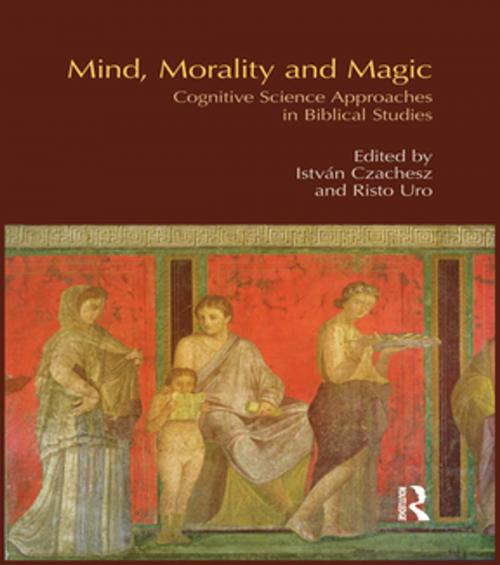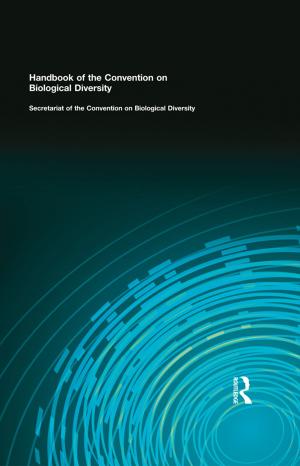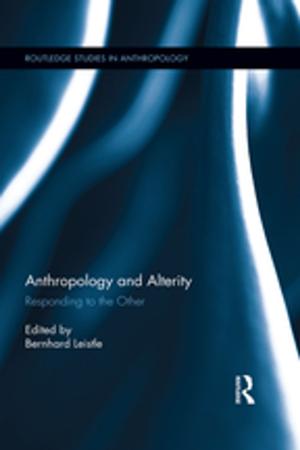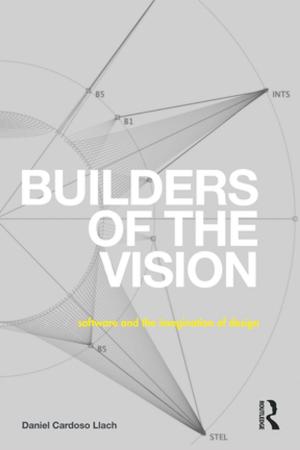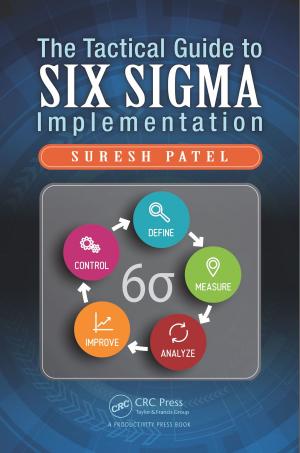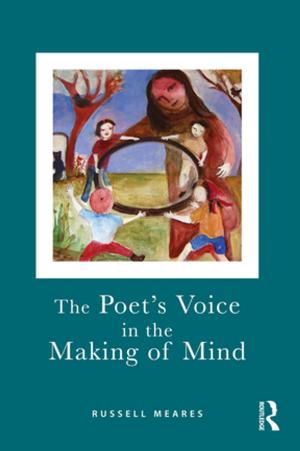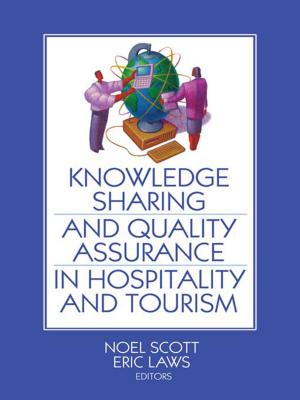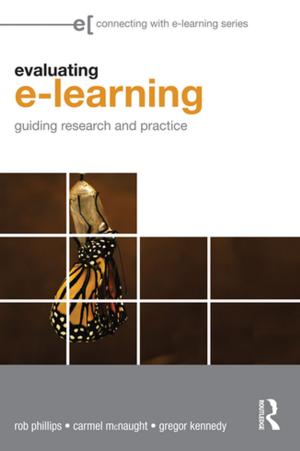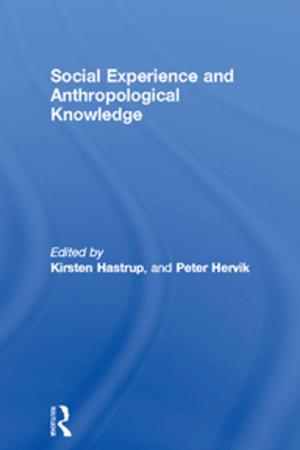Mind, Morality and Magic
Cognitive Science Approaches in Biblical Studies
Nonfiction, Religion & Spirituality, Philosophy| Author: | Istvan Czachesz, Risto Uro | ISBN: | 9781317544401 |
| Publisher: | Taylor and Francis | Publication: | October 14, 2014 |
| Imprint: | Routledge | Language: | English |
| Author: | Istvan Czachesz, Risto Uro |
| ISBN: | 9781317544401 |
| Publisher: | Taylor and Francis |
| Publication: | October 14, 2014 |
| Imprint: | Routledge |
| Language: | English |
The cognitive science of religion that has emerged over the last twenty years is a multidisciplinary field that often challenges established theories in anthropology and comparative religion. This new approach raises many questions for biblical studies as well. What are the cross-cultural cognitive mechanisms which explain the transmission of biblical texts? How did the local and particular cultural traditions of ancient Israel and early Christianity develop? What does the embodied and socially embedded nature of the human mind imply for the exegesis of biblical texts? "Mind, Morality and Magic" draws on a range of approaches to the study of the human mind - including memory studies, computer modeling, cognitive theories of ritual, social cognition, evolutionary psychology, biology of emotions, and research on religious experience. The volume explores how cognitive approaches to religion can shed light on classical concerns in biblical scholarship - such as the transmission of traditions, ritual and magic, and ethics - as well as uncover new questions and offer new methodologies.
The cognitive science of religion that has emerged over the last twenty years is a multidisciplinary field that often challenges established theories in anthropology and comparative religion. This new approach raises many questions for biblical studies as well. What are the cross-cultural cognitive mechanisms which explain the transmission of biblical texts? How did the local and particular cultural traditions of ancient Israel and early Christianity develop? What does the embodied and socially embedded nature of the human mind imply for the exegesis of biblical texts? "Mind, Morality and Magic" draws on a range of approaches to the study of the human mind - including memory studies, computer modeling, cognitive theories of ritual, social cognition, evolutionary psychology, biology of emotions, and research on religious experience. The volume explores how cognitive approaches to religion can shed light on classical concerns in biblical scholarship - such as the transmission of traditions, ritual and magic, and ethics - as well as uncover new questions and offer new methodologies.
